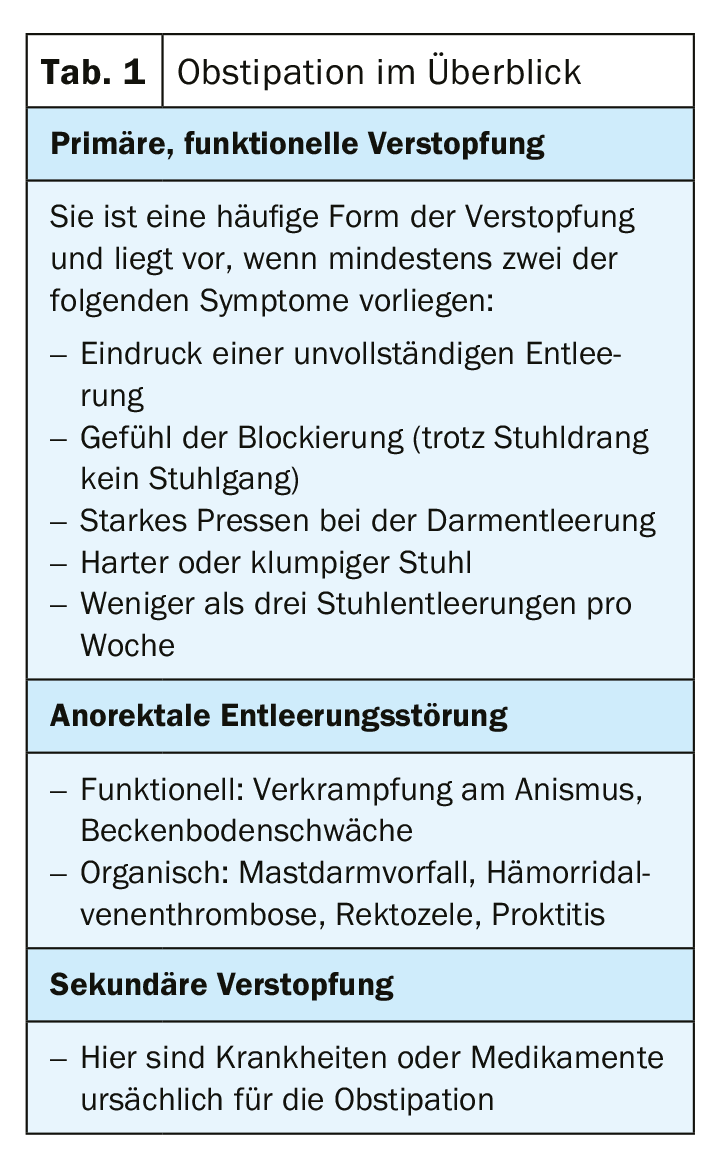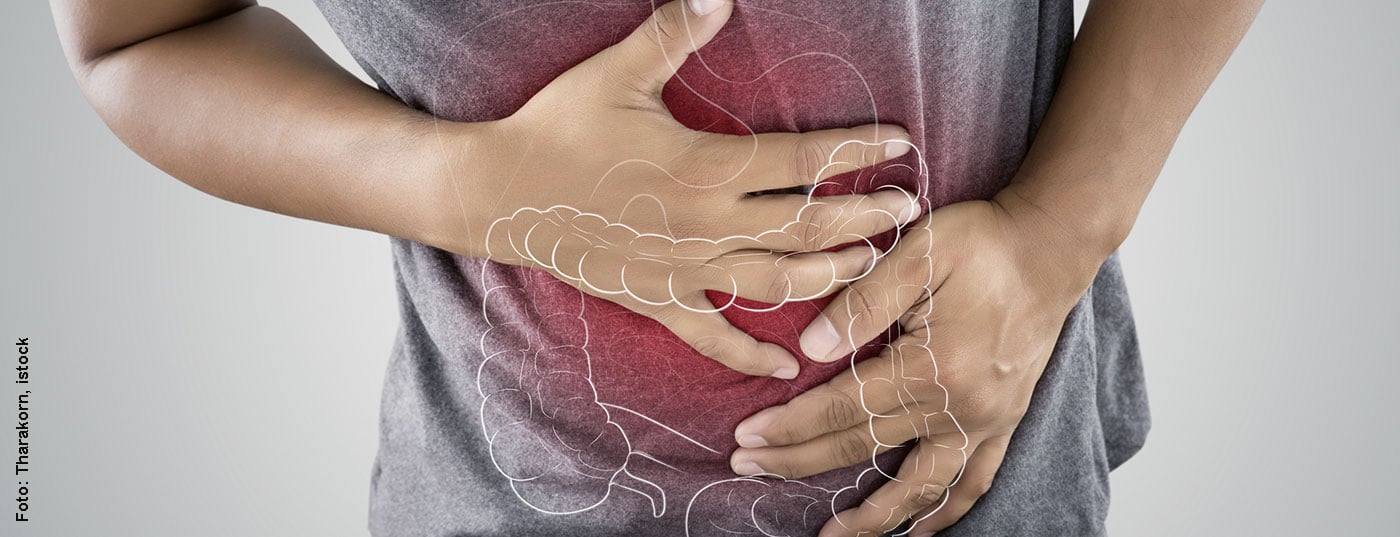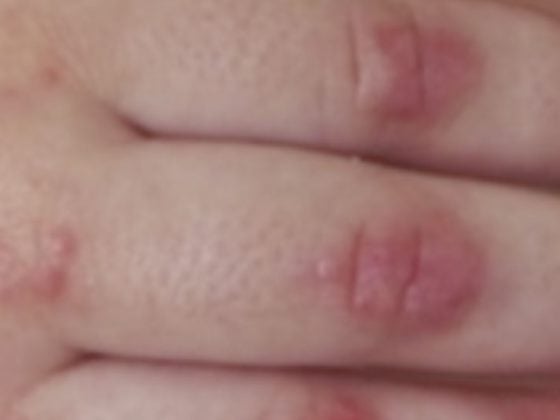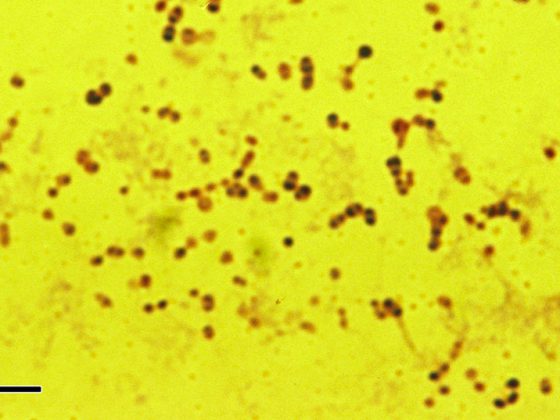Digestive disorders such as constipation and diarrhea are at the forefront of civilization diseases. If serious diseases, such as chronic inflammatory bowel diseases, can be ruled out as the cause of the symptoms, gentle preparations can provide targeted help.
Illustrations and medical writings indicate that people struggled with gastrointestinal dysfunction as far back as ancient Egypt and the Middle Ages. In the meantime, constipation and diarrhea have developed into diseases of civilization, especially in western industrialized countries. Insufficient fiber intake or viral infections are primarily responsible for reduced or increased stool frequency.
Nothing works anymore
Experts believe that up to 60% of the population in our grades have suffered from constipation at one time or another. This is characterized by stool remaining in the intestine too long and/or stool consistency too high, stool volume too low, and problems with settling. While the frequency of voiding varies from person to person and can range from three times a day to every two or three days. In total, however, the bowel should be emptied three times a week. Constipation can occur acutely, e.g. during travel or hormonal changes, as well as chronically (Tab. 1). An adequate intake of dietary fiber and fluid, as well as regular exercise, can prevent such dysfunction.

Patients often treat the symptoms themselves using over-the-counter laxatives. However, there is a risk that the intestine will react counterproductively over time and that a potassium deficiency will also result. This can trigger a veritable vicious circle. Laxatives come in a variety of preparations. The most common side effects include intestinal cramps and diarrhea.
Osmotic laxatives: (polyethylene glycol) by binding water to the molecular structure increases the amount of stool and stimulates intestinal motility. In addition, the stool acquires a more fluid texture and is easier to excrete. Due to its well-documented efficacy and tolerability, macrogols are primarily administered in pediatrics. These are also available without added electrolytes.
Saline laxatives: (magnesium sulfate, sodium sulfate) should not be used in renal or cardiac insufficiency, hypertension or edema.
Stimulant laxatives: (bisacodyl, sodium picosulfate, sennosides) assisted the passage of water and salts into the intestine, but increase the risk of hypokalemia.
Prucalopride: increases movement of the colon, accelerates intestinal transit and promotes bowel emptying. It is used for chronic constipation when other preparations do not respond.
When is a lot too much?
When stool frequency is greatly increased, at least three unformed stools are passed within 24 hours, they are mushy or thin, and stool weight is increased, the condition is called diarrhea. This is often accompanied by abdominal cramps or bloating. Viral or bacterial infections are often responsible for this. But stress, a food intolerance or the intake of antibioitka can also lead to diarrhea. If serious diseases such as Crohn’s disease or ulcerative colitis can be ruled out, fluid and electrolyte loss should be compensated for in the first instance. Oral rehydration solutions may be necessary for severe diarrhea, especially in infants, young children, and the elderly.
Antidiarrheal agents provide effective support to quickly and specifically manage the symptoms and prevent further loss of fluids and electrolytes.
Motility inhibitor: (loperamide) dampens intestinal peristalsis. The effect sets in quickly. However, there is a risk of constipation, and if the cause is infectious, pathogens are excreted with delay. Children under two years of age and pregnant women should not take the active substance. Similarly, it is contraindicated in antibiotic-induced diarrhea.
Adsorbents: (activated carbon) has a large surface area and high binding capacity for pathogens. Caution is advised when taking the drug at the same time as other medicines, as their effectiveness may be inhibited.
Enkephalinase inhibitor: (racecadotril) blocks the enzyme enkephalinase, counteracting excessive fluid and electrolyte output.
Medicinal yeast: (S. boulardii) binds germs and supports their removal from the intestine. In addition, the regeneration of the microbiome is strengthened without compromising motility.
HAUSARZT PRAXIS 2019; 14(8): 29











